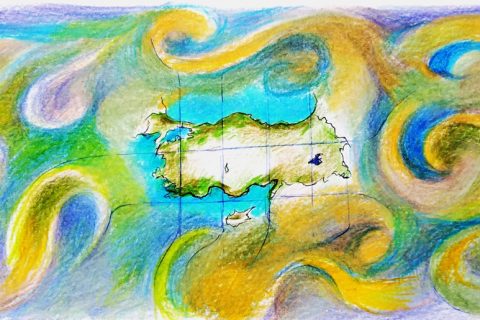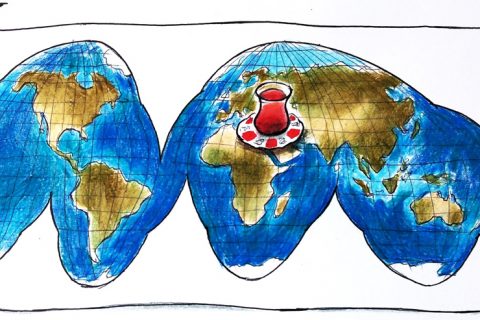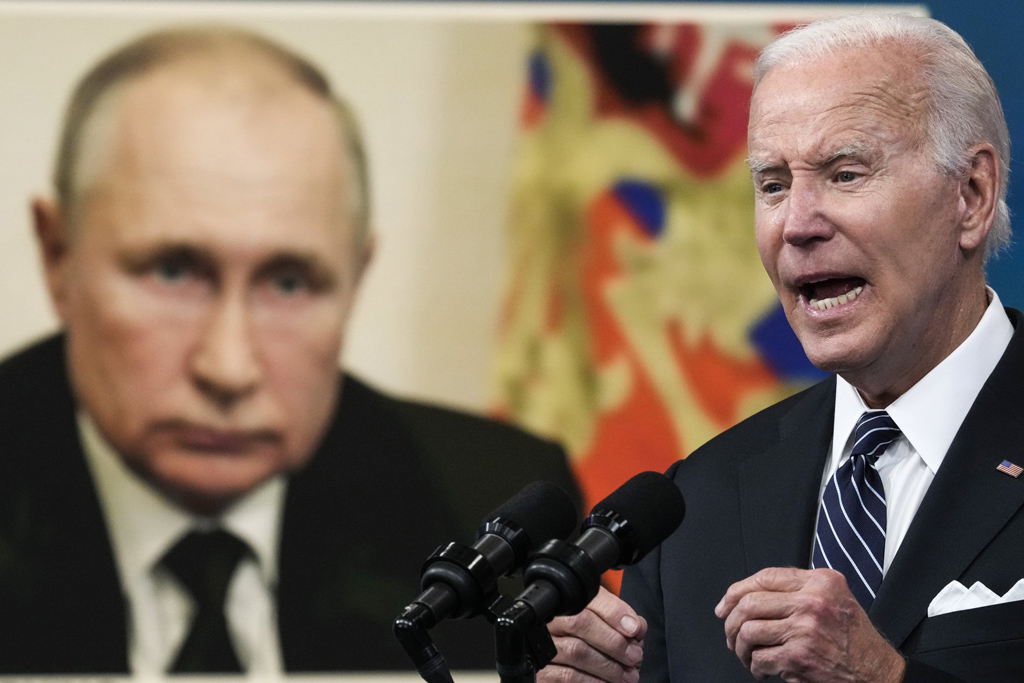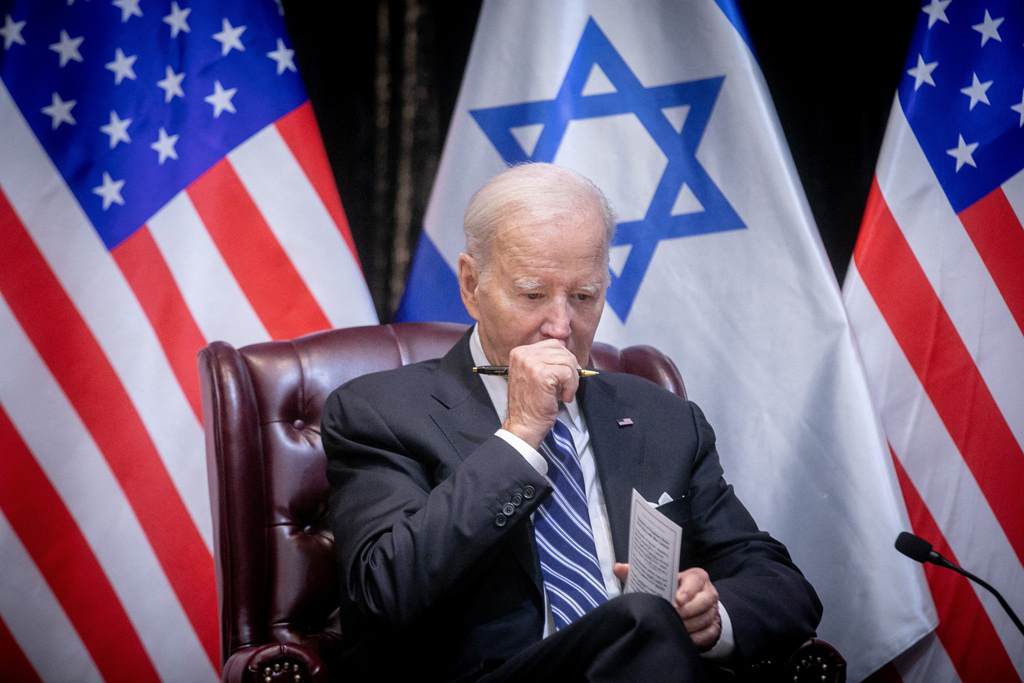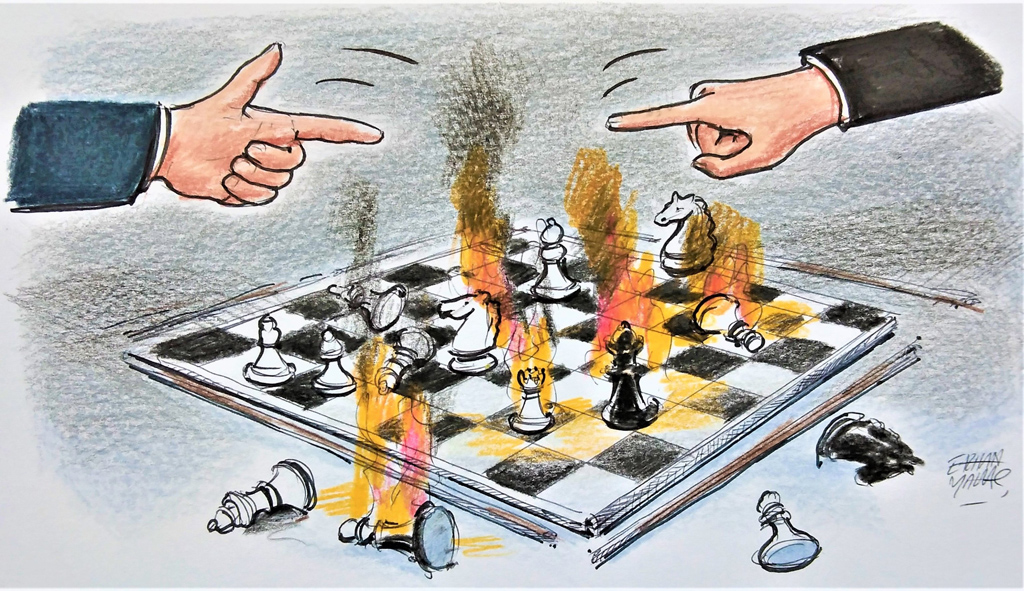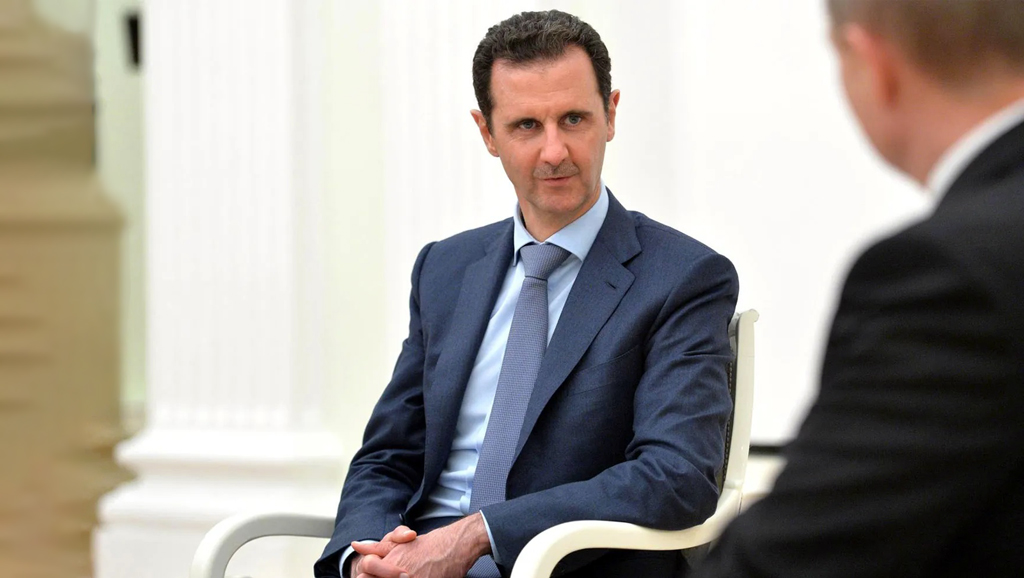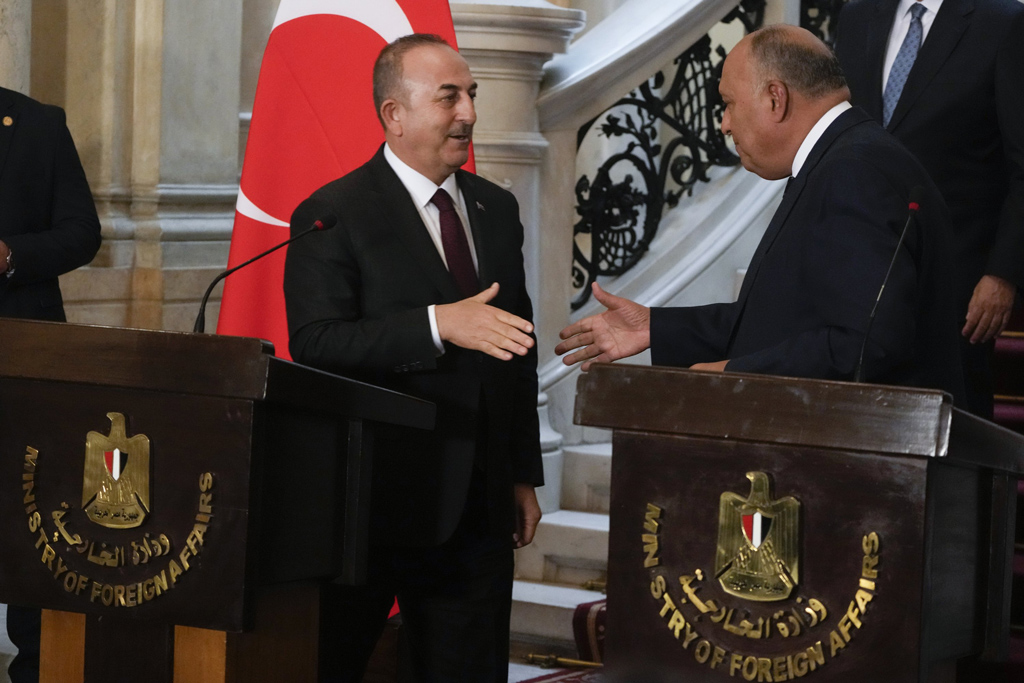Egypt

Significant momentum in Turkish foreign policy
| OpinionTürkiye’s foreign policy has been gaining momentum in recent months as a series of developments …
-
Opinion
Significant momentum in Turkish foreign policy
By Burhanettin DuranTürkiye’s foreign policy has been gaining momentum in recent months as a series of developments bolster each other, taking place in quick succession.
-
Opinion
Türkiye’s position in multipolar world landscape
By Burhanettin DuranThe debate on Turkish foreign policy's "axis," "strategic autonomy" and "normalization" policy was recently revived by Parliament's approval of Sweden's NATO membership, President Recep Tayyip Erdoğan's Cairo trip and Türkiye joining the European Sky Shield Initiative.
-
Opinion
Who benefits from controlled proxy conflict?
By Burhanettin DuranThe Middle East rang in the new year with assassinations and terror attacks. Saleh al-Arouri, the deputy leader of Hamas' political bureau, was assassinated in Beirut last Tuesday. The following day, two bombings in Kirman, Iran (for which Daesh has claimed responsibility) killed 103 people. As those attacks shifted everyone’s attention to Israel, Iran and Hezbollah pledged to exact “revenge and a heavy price.”
Bu Konuda Daha Fazla
-
Putin-Biden spat and course of propaganda war
By Burhanettin DuranThe Israeli-Palestinian conflict threatens to spread across the region and exacerbate great power competition. As United States military bases in Iraq and Syria come under drone attacks more and more frequently, a U.S. destroyer in the Red Sea shot down cruise missiles that the Houthi rebels in Yemen fired at Israel – harassing fire from Iran’s proxies.
-
The implications of Biden’s visit to Israel
By Burhanettin DuranThe non-Western world viewed U.S. President Joe Biden’s visit to Israel as unconditional support for that country’s heavy bombardment and blockade of the Gaza Strip. Blaming Hamas – “the other team” – for the killing of more than 500 Palestinians at the Al-Ahli Baptist Hospital, the U.S. President neither shared any evidence nor talked about forming an international committee to investigate what happened.
-
Sudanese crisis: A new front of ‘preventive proxy war’
By Muhittin AtamanConsidering the devastating effects of new-generation weapons, global powers cannot launch direct wars against each other. Therefore, they prefer to engage in indirect battles, as the two superpowers, the United States and the Soviet Union, did during the Cold War. Their proxies fight each other; they control the tide of the war from behind closed doors by procuring military equipment and by providing economic and financial assistance to wage war.
-
The debate over normalization with the Assad regime in...
By Kadir ÜstünThe Syrian regime is using earthquake diplomacy to gain more legitimacy and accelerate the normalization process in the region. Following the earthquake, Egyptian Foreign Minister Shukri met with Assad in Damascus and delivered humanitarian aid to Syria through the regime. The day after the visit of the UAE Foreign Minister al-Nahyan, who is trying to lead the normalization process with Syria, Assad allowed UN aid teams to cross into opposition-controlled areas of Syria. It is no secret that many Arab countries, including the UAE and Egypt, prefer normalizing ties with the Syrian regime. Although the American administration has expressed its opposition to normalization efforts with the Assad regime in the region, there is no indication of serious pressure being exerted on this issue.
-
Türkiye and Egypt: Realignment shaping Middle East
By Muhittin AtamanThe two countries’ relationship had deteriorated with the pro-status quo Arab countries after the Arab insurgencies and revolutions erupted in 2011. As a result, the Middle East states were divided into two camps: pro-change and pro-status quo coalitions. However, after the consolidation of the status quo in the region and new dynamics of the area, the regional states have begun to normalize their relations with the rest of the region.
